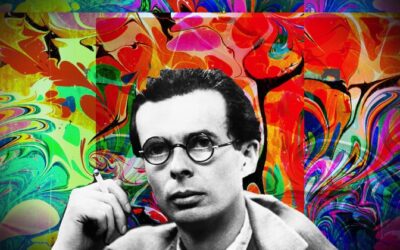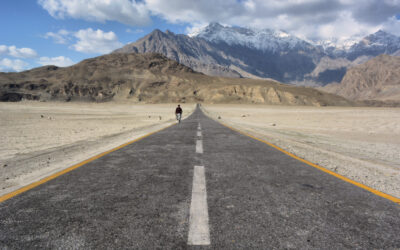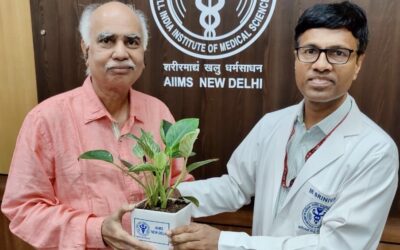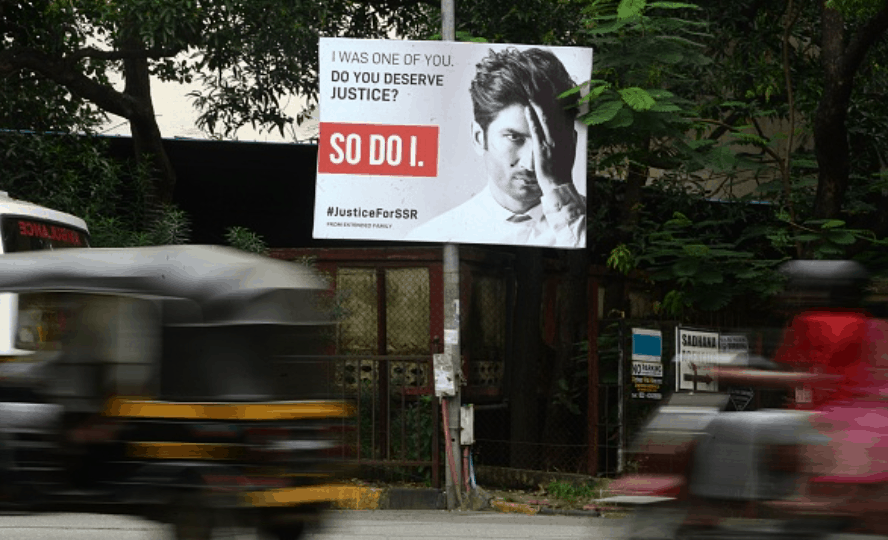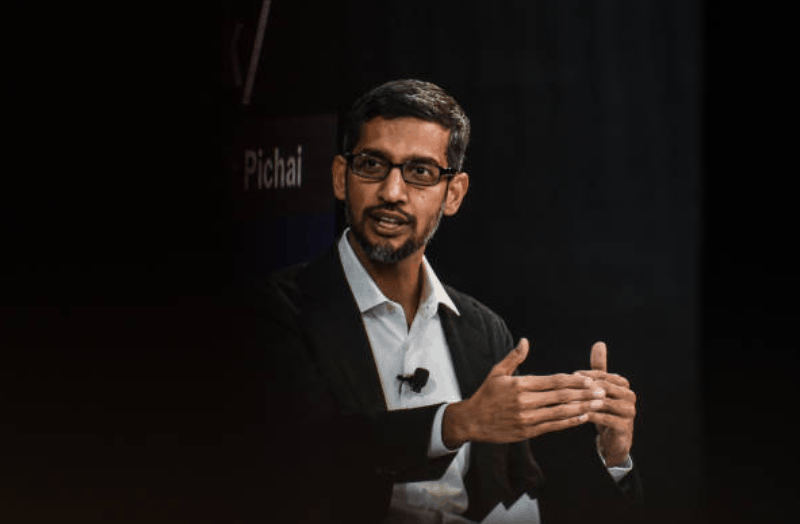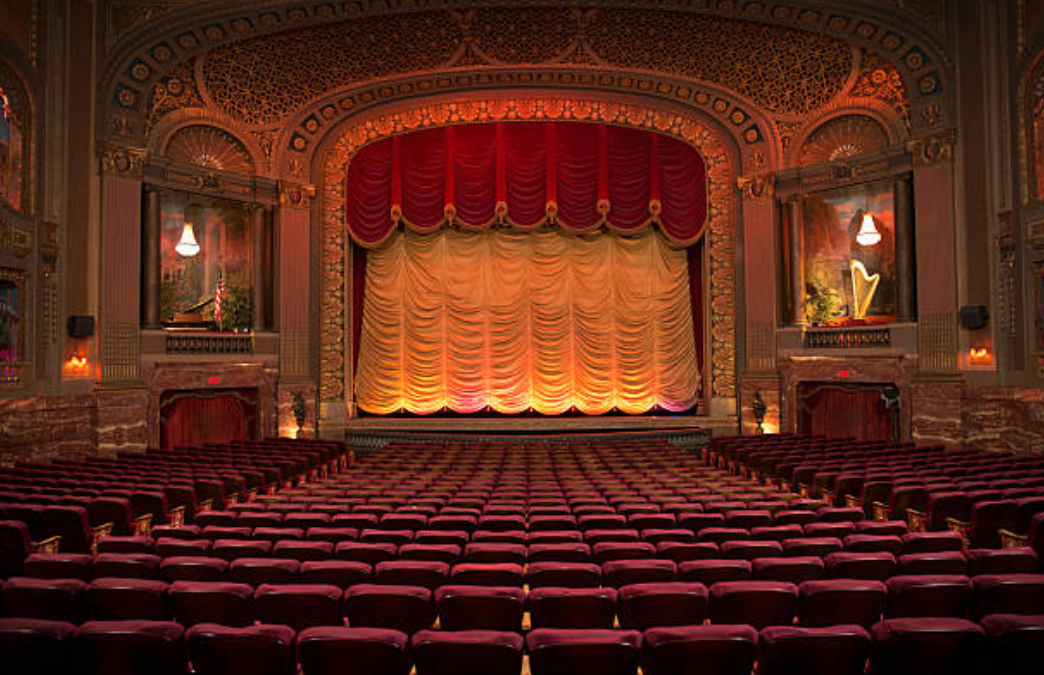It is normal to consider the meaning of life after leading a fulfilling life. I lived an active life that included travel, met many saints, outstanding people, and celebrities, and had my due share of disappointments and accomplishments…

Of Light, Shadow and the Landscape
Of Light, Shadow and the Landscape

This blog coincides with Diwali, the Indian festival of lights. Diwali symbolizes the spiritual victory of light over darkness, good over evil, and knowledge over ignorance. It is celebrated on the “darkest night” that ends the lunar month of Ashwin and starts the month of Kartik, coinciding with the second half of October or early November in the modern calendar. The festivities begin two days before, on Dhanteras, and extend two days after, concluding with Bhai Dooj.
Motivations for celebration vary. People of North India celebrate Diwali to mark the return of Lord Rama to Ayodhya after his fourteen-year exile. People in the South celebrate it as the victory of Lord Krishna over the demon, Narakasura. In Western India, Diwali is celebrated as the rescue of Goddess Lakshmi from the prison of King Bali by Lord Vishnu in his Vamana incarnation. Jains celebrate Diwali as it was on this day that Lord Mahavira attained Nirvana. Sikhs celebrate Diwali to commemorate the laying of the foundation stone for the Golden Temple in 1577.
The celebration of light is indeed universal. People in different parts of the world celebrate their own festivals of light. The Chinese celebrate it on the fifteenth day of their new lunar year, which falls anywhere between late February and March. From August 2 to August 7 each year, in the Aomori city of Japan, people float gigantic boats with lights. Jews all over the world celebrate it as Hanukkah, for a period of eight nights and days anywhere between the end of November and December.
In the Netherlands, it is St. Martin’s Day on November 11 each year. In France, it takes place on December 8 every year, to express gratitude toward Mary, the mother of Jesus. In Lewes, England, people have bonfires on November 4/5. On the 12th day of the Thai Lunar calendar, usually in November, the Thai people float beautifully decorated baskets with lamps in water bodies. In the Keene Pumpkin Festival in New Hampshire, USA, people light jack-o’-lanterns each year before Halloween.
Light is one of the most universal and fundamental symbols of the spiritual and the divine – तमसो मा ज्योतिर्गमय – Lead me from darkness to light – mentioned in the Brihadaranyaka Upanishad (1.3.28). The appearance of God is linked to brightness, and light is seen as the source of goodness and the ultimate reality. In Paradiso, Italian for Paradise, poet Dante Alighieri ascends to a region beyond physical existence, which is the abode of God, and becomes enveloped in light. In the Bible, when the Lord created, He began with “Let there be light.”
When Prophet Moses went up to Mount Sinai, he got to see “a light much greater in brightness than the sun.” When he came down with the two tablets engraved with the ten commandments in his hand, the brightness of God’s appearance was reflected in Moses himself. Christ is called, “the radiance of the glory of God” (Hebrews 1). In the Sufi tradition, the soul illuminates the mind-space as kashf, the personal experience and direct vision of God. Any worship starts with the lighting of a lamp.
This Diwali has assumed more significance as the world is living under the shadow of the coronavirus pandemic and the economic hardships that it brought along. In the course of just few months, the virus spread out from Wuhan in China to across the whole world. Frightened with uncertainty, governments declared “lockdowns,” which had pervasive impacts on economic activity across the globe and millions of people lost their livelihoods.
But the “lockdown” also brought back clear skies over traffic-choked cities, improvements in local water quality, people working from home, and reductions in noise and air pollution. Glimpses of a transformed society with integrated families, reduced pollution and lowered environmental impacts were visible.
However, the early signs of improvements in environmental quality have already succumbed to the rush to achieve the lost economic growth levels. Cities like New Delhi are once again choked with smog. Migrants are back in city slums more quickly than they had left, without any change in their living and working conditions. But thinking that the pandemic was a bad dream that is done and over with would be like brushing the real problems under the carpet. Unless the lessons are learnt, nature is not going to spare us. There is no promotion to the next class here without passing the exam.
What are the three exams that we must take to advance into a higher level of living?
(1) The rebirth of medium and small-scale industries to feed local consumption, and a firm “no” to cheap imports from China and other countries; (2) No going back on new laws, making agriculture a profitable enterprise for the farmers, and investment in silos and supply chains to mitigate any distress sale and spoilage of agro produce; and (3) An Internet-driven education system ensuring inclusive and equitable quality education, and promoting lifelong learning opportunities for all by bringing every single family online and giving them free connectivity. Adoption of technology to prevent the misuse of bandwidth is also important.
As goes the famous line of American poet, Robert Frost – Two roads diverged in a wood – mankind is standing on an evolutionary crossroad in 2020. Rising to the occasion with grit and determination will usher in a new era of sustained living and social harmony; succumbing to fear and insecurity would throw us back into the past of conflict and chaos.
If only we could learn that very little is needed to live, as we have lived through the lockdown, and that the rest is indulgence and wastage! Quality of work is more important than keeping busy. Spurious travel is best avoided and no more business trips for fun in disguise! The incessant availability of food, electricity, water, law and order, communication, medicines, television and the internet even during lockdown proved that we are not only a robust, but also a resilient social system, better than many Western countries, including the hyped United States.
Darkness has no real existence; it is merely the absence of light, but shadow and light are forever coupled and they fall on the same landscape. In a year from now, COVID-19 would be fully understood. It is the learning or ignoring the lessons of the pandemic that would decide whether Diwali 2021 would be brighter and I have no doubt that it definitely will be if shadows are handled well by leading lives differently.
MORE FROM THE BLOG
Minimum Working Hypothesis About Life
Intentional Asceticism
My long-standing friend and publisher of several books Piyush Kumar sent me a copy of Lifespan, a book by David Sinclair, regarding the science behind aging, during my stay at AIIMS, New Delhi. Dr. Sinclair (b. 1969) is an is an Australian-American…
The Culture of Excellence
I spent a week at the All India Institute of Medical Sciences (AIIMS), New Delhi. My cardiac situation needed an evaluation and thanks to my long-standing friendship with Dr M. Srinivas, Director, AIIMS, it was done. I am back in Hyderabad and sharing some nice memories of the Institute and the people who work there…

